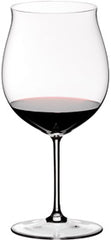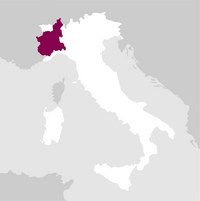Description
Barbera, more than any other wine, is ‘il vino del contadino’, humble yet profoundly tied to a majestic land that gives its birth, a wine that truly represents the lifeblood of the people of Le Langhe. More complex than Dolcetto, with greater body, structure, acidity and extract, our Barbera d’Alba is a wine that is never less than vivid and direct, full of the character and personality of the land that gives its birth.
Awards
Details

Perfume

Color

Taste
Serve at:
16 - 18 °C.
Longevity:
05 - 10 years
Decanting time:
1 hour

Pairings
- Start up year: 1995
- Oenologist: Mario Fontana
- Bottles produced: 30.000
- Hectares: 6
This is an area of rare majestic beauty, with vine-covered hills and castle-topped communities looking across to each other over steep, plunging valleys.
Here, in our beautiful land dedicated to the production of wine, my family have grown grapes and produced wines for at least six generations.
Today I continue to grow the traditional grapes of Le Langhe, dolcetto, barbera and nebbiolo, to produce a range of classic and prestigious wines that are the purest expression of the land from which they are born, Le Langhe. Read more


| Name | Cascina Fontana Barbera D' Alba 2022 |
|---|---|
| Type | Red green still |
| Denomination | Barbera d'Alba DOC |
| Vintage | 2022 |
| Size | 0,75 l |
| Alcohol content | 14.0% by volume |
| Grape varieties | 100% Barbera |
| Country | Italy |
| Region | Piedmont |
| Vendor | Cascina Fontana |
| Origin | Loc. Perno di Monforte d’Alba (CN) |
| Production technique | Our wines are not filtered and are made without the use of any additional chemicals. They are literally the fruit of responsible and meticulous care in the vineyard as well as the most careful vinification that fully respects our traditions. There may be some sediment in the bottle, a process of natural evolution, but this in no ways alters the quality of the wine. We see it as a mark of its natural goodness. |
| Allergens | Contains sulphites |






